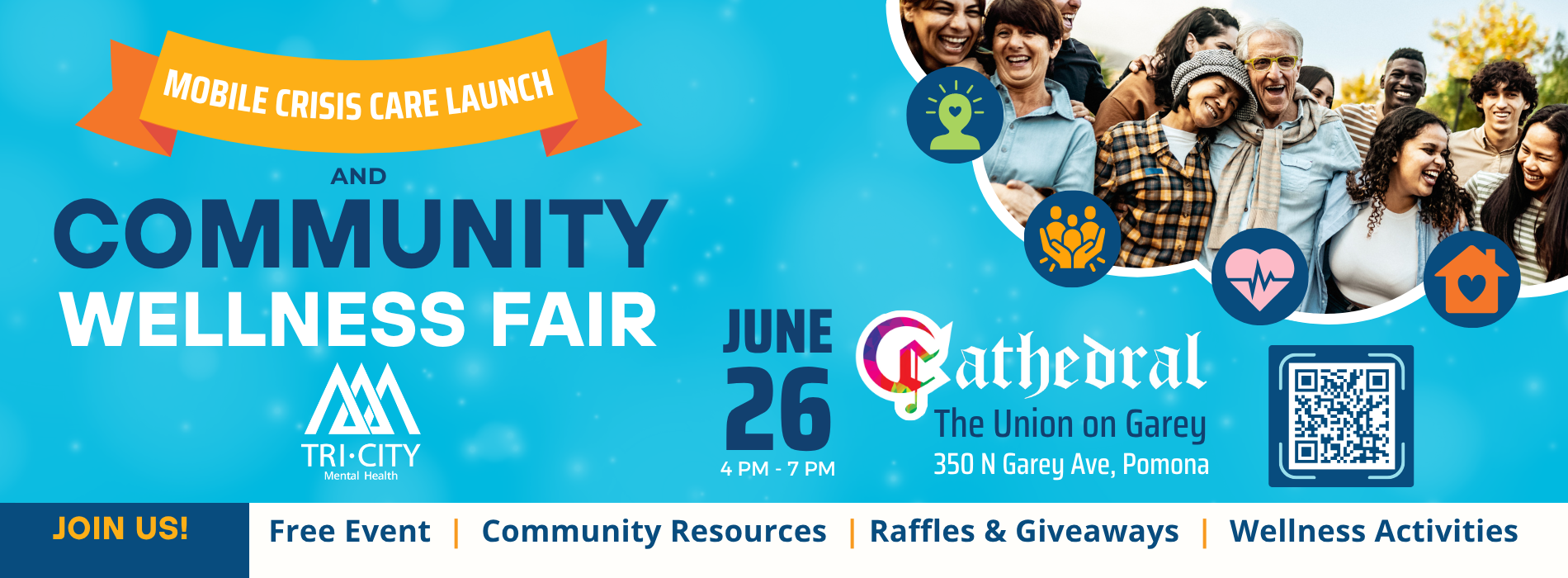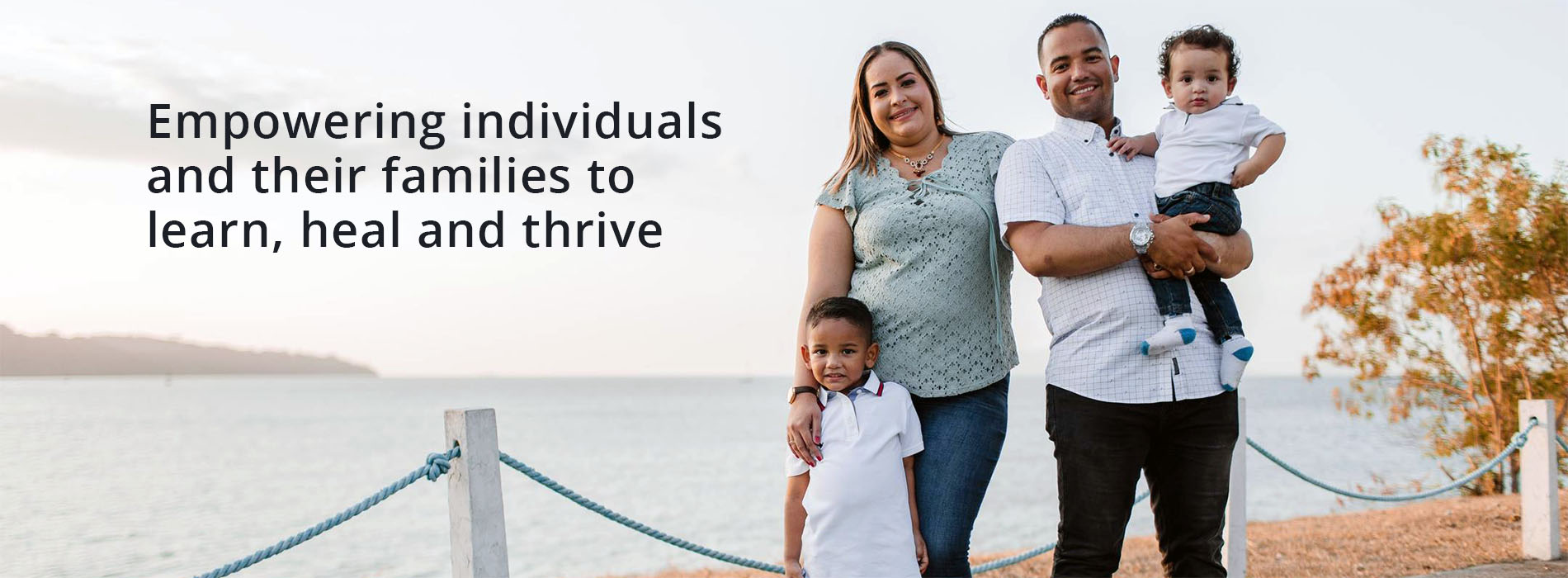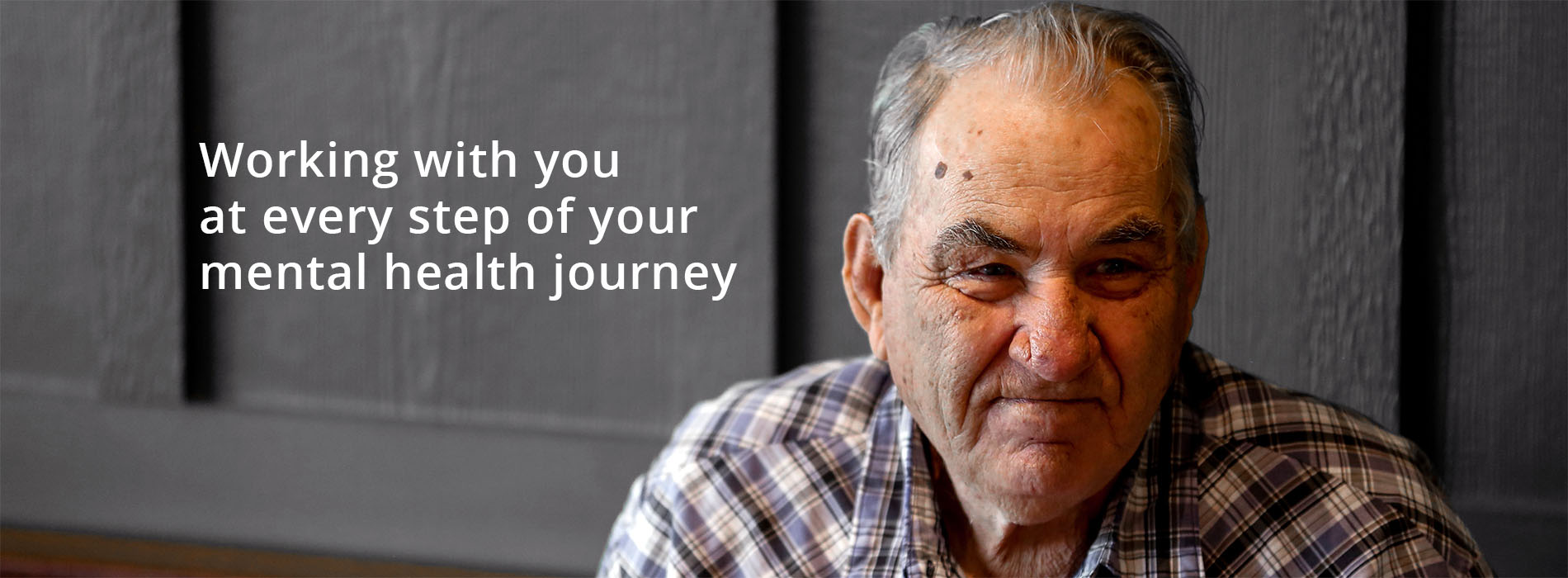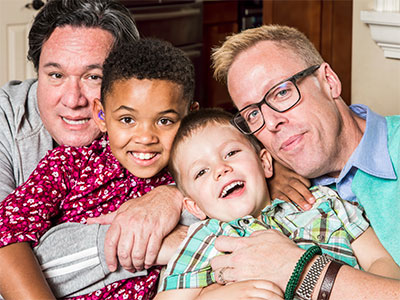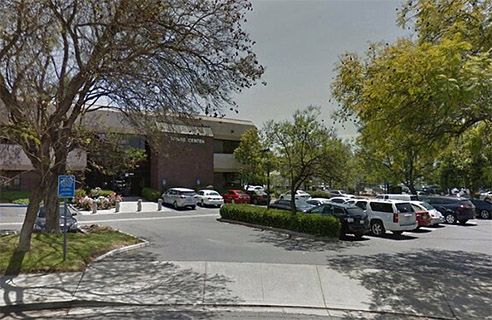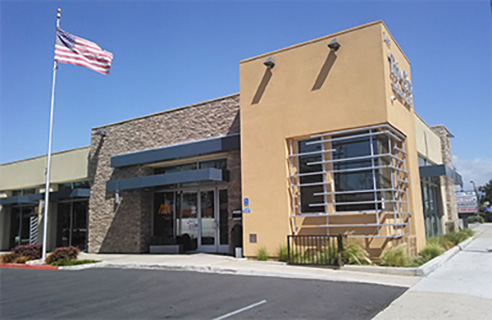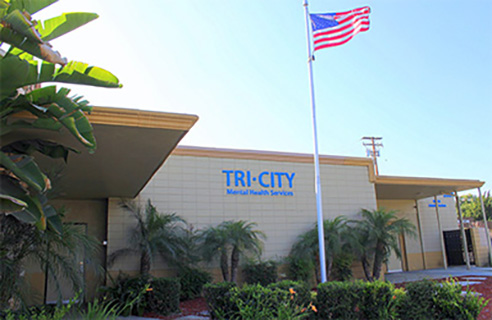In some situations, PHI disclosures may be made without the client's authorization, but they require an opportunity for the client to verbally agree or object.
These situations include:
- Disclosures to the client's next-of-kin or to another person (designated by the client) involved in the client's health care
- Notification of a family member (or the client's personal representative) of the client's location, general condition or death
- Disaster relief situations.
Authorization in an emergency:
If the client is incapacitated or in cases of an emergency, EMS responders, in the exercise of professional judgment, may determine whether disclosure of PHI is in the client's best interests.
This provision of the Privacy Rule allows responders to inform relatives or others involved in a client's care that a client has suffered an affliction and to provide updates on the client's progress and prognosis.
When Authorization Is NOT Required
For certain uses and disclosures, an authorization or opportunity to agree or object, is not required:
- Required by law
- Public health activities (injury/disease control/prevention)
- Victims of abuse, neglect, or domestic violence
- Health oversight activities (DHS, regional EMS council)
- Judicial and administrative proceedings
- Law enforcement purposes
- Decedents
- Cadaver donation of organs, eyes, or tissues
- Research purposes
- To avert a serious threat to health or safety
- Specialized Government Functions
- To comply with worker’s compensation law


